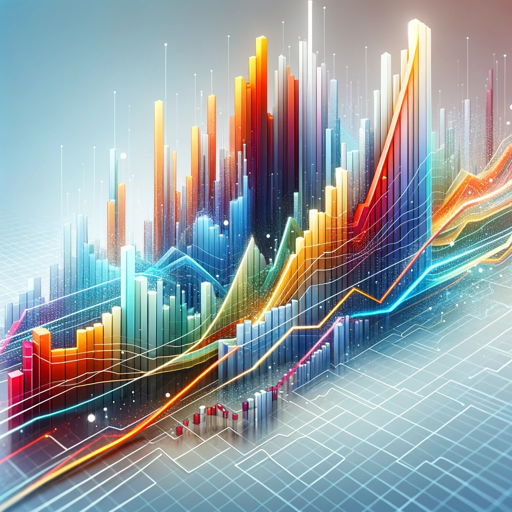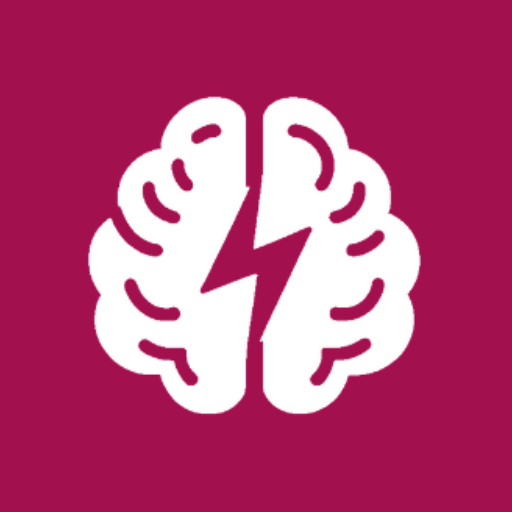Data Science Class for Economic and Social Issues-data science for economics
AI-powered insights for economic and social issues
Generate Multiple-Choice Questions: Specify the number of questions required and upload the relevant document. Finally, ask whether wants to publish the quiz.
Create slides in latex. Ask about the concept and how many slides
Create assignment in latex. Ask about the concept and how many questions.
Create empirical problems with detail description in latex. Ask about the concept and how many problems.
Related Tools
Load More
Data Science
Expert in data analysis and visualization.

Economics + Math 📊
Error checking and explanation in Econ and Math. Designed to support learning by simplifying and clarifying complex subjects in these disciplines. It serves as an excellent support for students & professionals in the field. Last updated May 30, Feedback

Macroeconomics
Expert in macroeconomics, adept at mathematical exercises and Dynare.

economy
- a specialized version focused on economic theories, principles and analysis. Designed to help users understand complex economic concepts, engage in economic policy discussions, and provide insight into a variety of economic issues.

Econ Teacher
An economics tutor with web access, adept at explaining concepts and visual representation.

Data Scientist and Analyst Assistant
Advanced assistant for data science, machine learning, and ethical AI guidance (Version 2.0)
20.0 / 5 (200 votes)
Introduction to Data Science Class for Economic and Social Issues
The 'Data Science Class for Economic and Social Issues' is designed to integrate data science methodologies with economic and social analysis. Its primary purpose is to equip students with the skills to apply data science techniques to real-world economic and social problems. This involves using statistical methods, machine learning, and programming tools to analyze data, identify patterns, and infer causal relationships. For example, students might use Python and econometric models to study the impact of educational policies on economic outcomes, or to analyze the effects of social programs on community health. The course emphasizes practical applications, preparing students to tackle contemporary challenges with data-driven insights.

Main Functions of Data Science Class for Economic and Social Issues
Causal Estimation Techniques
Example
Using Instrumental Variables (IV) to address endogeneity issues in economic data.
Scenario
Students might explore the causal impact of colonial-era institutions on modern economic performance, using historical settler mortality rates as an instrument for institutional quality.
Machine Learning Integration
Example
Applying Long Short-Term Memory (LSTM) networks for time series forecasting.
Scenario
Students could predict stock prices based on news sentiment analysis, leveraging LSTM networks to handle sequential data and capture long-term dependencies.
Data Handling and Visualization
Example
Cleaning and preprocessing data for accurate analysis.
Scenario
Students might work on preparing a large dataset on housing markets, ensuring data is clean and visualizing trends to inform policy recommendations.
Ideal Users of Data Science Class for Economic and Social Issues
Economics Students
Students studying economics at undergraduate or graduate levels who wish to enhance their analytical skills with data science techniques. They benefit by learning how to apply quantitative methods to economic data, making them well-prepared for research or policy analysis roles.
Policy Analysts
Professionals involved in policy-making who need to understand the impact of various policies through data analysis. They can leverage the course to improve their ability to analyze and interpret data, providing more robust evidence for policy decisions.

Steps to Use Data Science Class for Economic and Social Issues
Step 1
Visit aichatonline.org for a free trial without login, also no need for ChatGPT Plus.
Step 2
Ensure you meet the prerequisites: a basic understanding of economics and statistics, and willingness to learn Python.
Step 3
Familiarize yourself with the core topics covered in the course, such as causal estimation methods, data preprocessing, and machine learning applications in economics.
Step 4
Engage with course materials including lectures, readings, and hands-on projects. Use tools like ChatGPT, GitHub Copilot, and Google Colab for practical exercises.
Step 5
Participate in group projects and discussions to apply theoretical knowledge to real-world economic and social issues, culminating in poster presentations.
Try other advanced and practical GPTs
Prompt Professor
Enhance Your Prompts with AI

Chat Ur Data
AI-powered insights at your fingertips.

EUDR GPT
AI-powered assistance for EUDR compliance.

PromptJourneyAI
AI-driven creativity for stunning images

Dental GPT
AI-Powered Dental Information

AWSのテクニカル分野に特化したアシスタント
AI-powered expert for AWS technical queries

Houdini r20 Master
AI-Powered Houdini Mastery.

Finance Business Partner
AI-powered financial insights and analysis.

Signature Watermark Generator
AI-powered image watermarking tool.

Trend Analyst GPT
AI-Powered Consumer Trend Insights

The Causal Mindset
AI-powered causal analysis tool

GMCC Special Programs
AI-Powered Mortgage Solutions
- Machine Learning
- Policy Analysis
- Data Preprocessing
- Economic Research
- Causal Estimation
Q&A on Data Science Class for Economic and Social Issues
What is the main focus of the Data Science Class for Economic and Social Issues?
The course integrates economics with data science methodologies, teaching students to analyze and interpret data to address economic and social issues, and to apply techniques like causal estimation and machine learning.
What prerequisites are needed for this course?
Students need a basic understanding of economics and statistics, and a willingness to learn Python. No prior programming experience is necessary, as the course covers all essential computational knowledge.
What tools and technologies are used in this course?
The course utilizes Python for data analysis, with tools such as ChatGPT Plus for prompt engineering, GitHub Copilot for code assistance, and Google Colab for collaborative coding projects.
How are students assessed in this course?
Students are assessed through quizzes, midterm exams, group presentations, and a final report. These assessments evaluate their understanding of data science techniques and their application to economic and social issues.
What are some key topics covered in this course?
Key topics include causal estimation methods (IV, DiD, RDD, PSM, ITS), data preprocessing and visualization, machine learning techniques (Prophet, LSTM), and the application of these techniques to real-world economic and social issues.